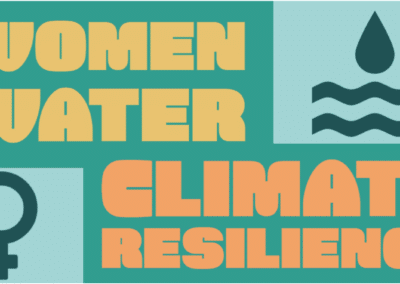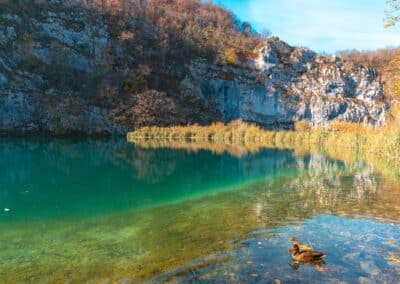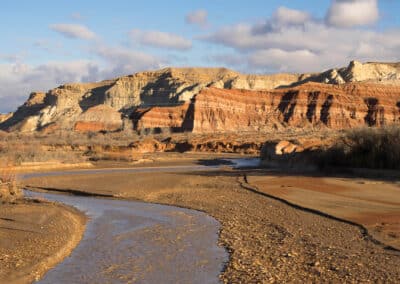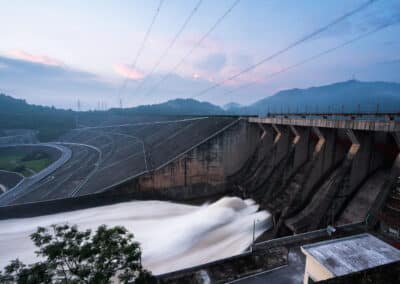“It is our livelihood,” Sammy Angel, Arkansas Agriculture Board chairperson, said. “We cross over it and never understand the impact it has on our lives. It affects every single thing we do in some shape or fashion.”
Mr. Angel’s comments about the Mississippi River are spot-on and deserve our attention. Throughout 2022 we have heard non-stop talk about inflation – the after effects of COVID shutdowns impacting global supply chains, the atrocities of war in Europe influencing the flow of goods and energy, the Great Resignation shifting human resources. There are many reasons for inflation, yet the scariest statistic I have seen in 2022 is much closer to home and has to do with a river that is crucial to business operations across multiple sectors in America.

At True Elements we often illustrate for our customers how the biggest impacts they will see from climate change relate to water…too much at once, not enough when and where you need it, changes in precipitation intensity and water quality, etc. Sometimes these impacts are subtle and difficult to see on a day-to-day basis. Other times they are obvious like a much lower Lake Mead, a lower Yangtze River, a Rhine River so low it impacted shipping all summer and now, the Mississippi River at such historic lows many operators are unable to navigate it.
Recently, we have been talking about how water will be THE topic in 2023 and beyond as the water related impacts of climate change become more obvious to business leaders and the general public. Frankly, I want to be wrong about that prediction, but I fear that it is now becoming abundantly clear that water is the central issue in climate and business conversations. That is why the chart above is so scary to me. It represents that the water cycle change is happening at an even faster pace than we were predicting.
The sadly ironic part of the story is that barge shipping of these materials is the most cost effective AND most carbon efficient method of shipping. While costs will increase to ship on the river it will also force more shipments to go by rail or truck to their destinations. River shipping produces roughly a quarter of the carbon impact per ton that truck shipping creates, so shifting cargo to truck or rail will further increase carbon emissions thus locking in the cycle of increasing temperatures and resulting water quantity and quality impacts.
In short, the Mississippi River system has been a stable foundation for a large part of the US grain industry and commodity supply chain for centuries. But what happens when that stability is threatened? We usually say that “water crises are business crises” and fortunately many business and organizational leaders are taking the challenge head on. While that is a true statement, I am not sure it resonates with the public. That is why I love the way Mr. Angel said it. He may be talking about the Mississippi River, but if I may paraphrase him on a larger scale: “Water is our livelihood, we may never understand the full impact it has on our lives, but it affects every single thing we do in some shape or fashion.”
Are you prepared for this future?
We are always looking for leaders in their respective fields that want to help us build a new era where water resources are highly valued and collectively managed. We envision a future where business, financial, government and community leaders participate as an active network of watershed stewards using shared, state of the art water intelligence to make urgently needed decisions. Will you join us in creating this water positive future?
Eric Homberger
VP, Strategic Partnership Development, True Elements





